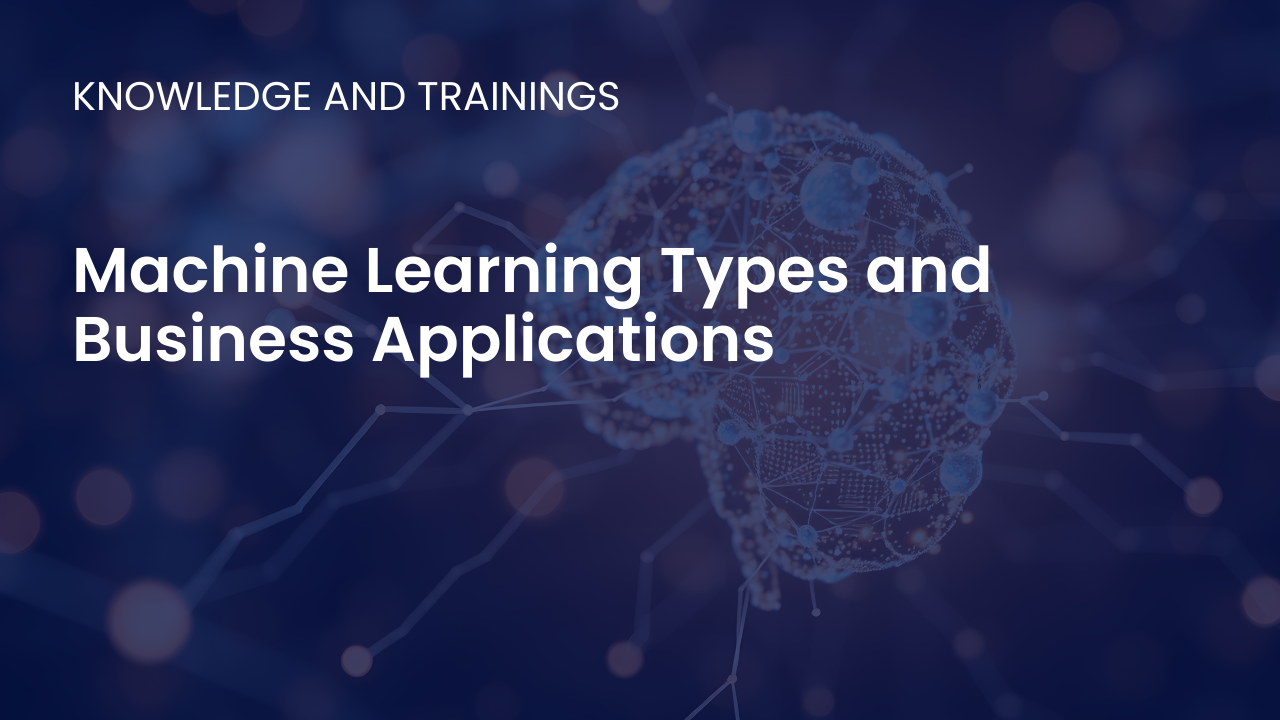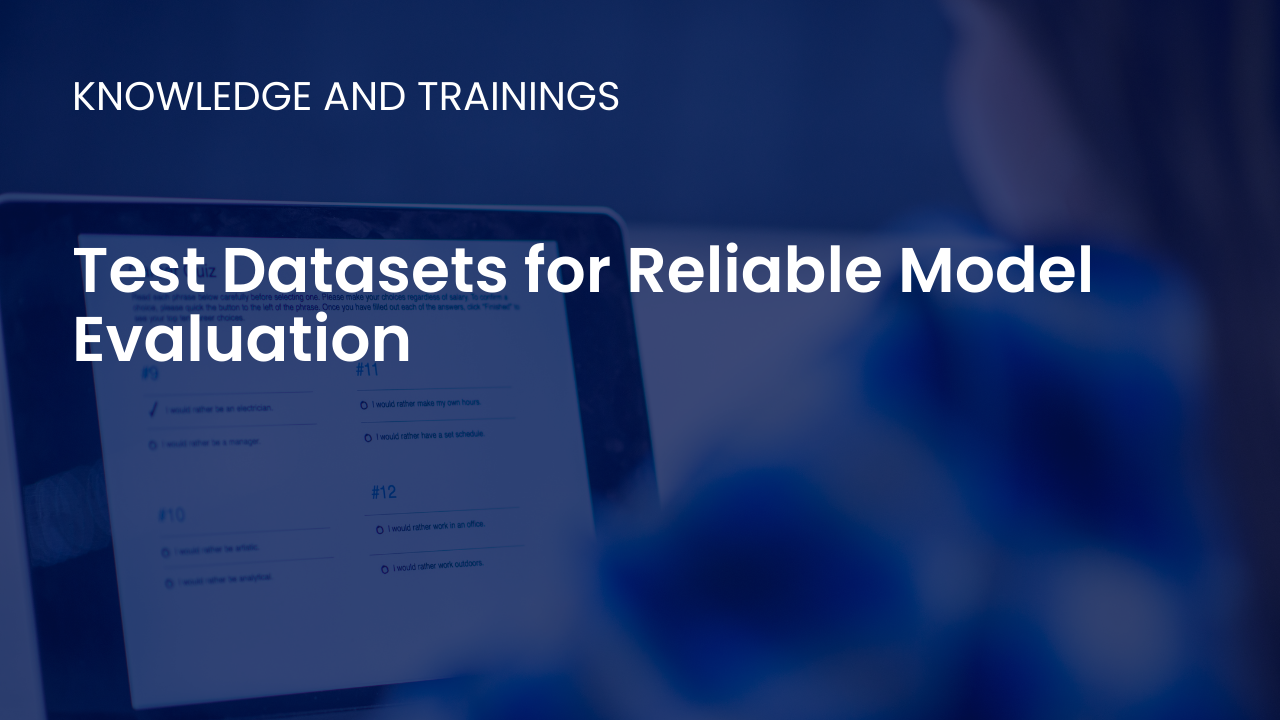We have been recognized in RegTech100 2026 - Strengthening leadership across AI governance, MRM and FCC
The MLRO plays a pivotal role within an organization, typically a financial institution or regulated entity, ensuring compliance with anti-money laundering (AML) and counter-terrorist financing (CTF) regulations. Their primary responsibilities include:
- Compliance Oversight: The MLRO oversees the implementation and maintenance of the organization's AML/CTF policies, procedures, and controls. They ensure these are in line with regulatory requirements and industry best practices.
- Reporting Suspicious Activity: One of the most critical duties of the MLRO is to receive, assess, and report suspicious transactions or activities to the relevant authorities. This involves analyzing transaction patterns, customer behavior, and other indicators of potential money laundering or terrorist financing.
- Training and Awareness: The MLRO is responsible for conducting AML/CTF training programs for employees. This ensures that staff members understand their responsibilities in detecting and preventing financial crimes and are aware of the latest regulatory developments.
- Risk Assessment: Conducting regular risk assessments to identify and mitigate AML/CTF risks faced by the organization. This includes assessing risks associated with customers, products, services, and geographic locations.
- Internal and External Communication: Acting as the primary point of contact for all AML/CTF matters within the organization. The MLRO liaises with regulatory authorities, law enforcement agencies, and internal stakeholders on compliance issues and reporting obligations.


























































.svg)


